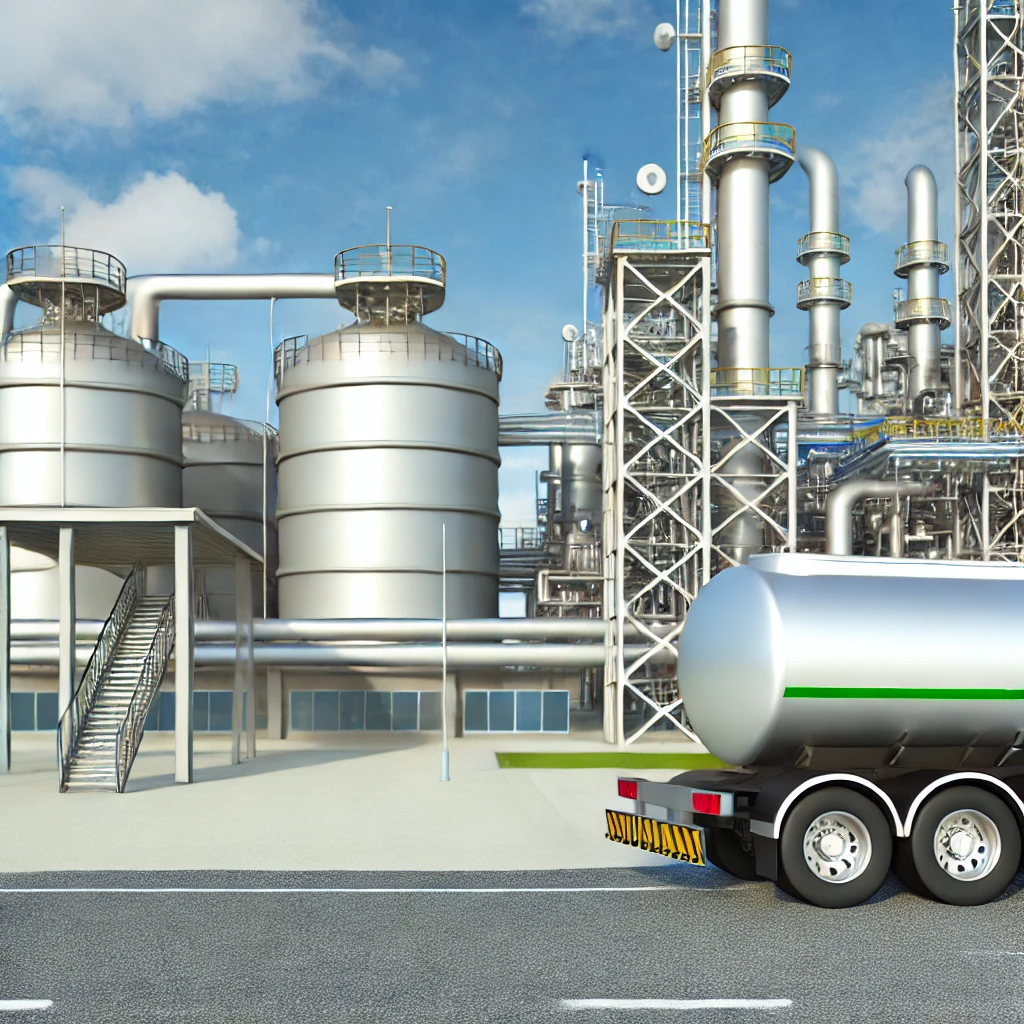ULSD
ultra low Sulfur Diesel (ULSD)
Ultra-low-sulfur diesel (ULSD) is a type of diesel fuel formulated with significantly reduced sulfur content. Since 2006, the vast majority of petroleum-based diesel fuel sold in Europe and North America has transitioned to this cleaner standard.
The reduction in sulfur content enables the use of advanced emissions control systems, which dramatically decrease harmful pollutants produced during diesel combustion. Studies conducted by engine manufacturers and regulatory agencies demonstrate that combining ULSD with modern emissions control technology can effectively minimize ozone precursors and particulate matter emissions, bringing them to nearly undetectable levels.

What is D2, and Where is it Used?
D2, short for gasoil, is the second distillate from crude oil and can be used without extensive refining or additives. Early diesel engines, named after their inventor Rudolf Diesel, relied on D2 due to its ability to ignite under compression without spark plugs. Modern diesel fuels include additives to enhance engine performance and address issues like cold-weather operation by preventing freezing and thickening.
Differences Between Gasoil and D2
The primary distinction lies in sulfur content. Over the past decade, regulations have drastically reduced sulfur levels in gasoil, leading to “Low Sulfur” (below 0.2%) and “Ultra-Low Sulfur” (below 0.02%) classifications. These reductions not only improve air quality but also allow sulfur to be reclaimed and sold profitably.
Standards and Variants
Global standards for D2 are defined by ISO, with regional adaptations by ANSI (U.S.), DIN (Germany), and GOST (Russia). Automotive diesel, commonly traded as EN590 and EN560, must meet these standards and comply with EPA regulations in the U.S.
Future Applications
Automotive diesel, which offers higher energy efficiency, is being tested in aviation. While promising up to 40% greater mileage, challenges such as freezing and wax formation in jet engines must be resolved. Current solutions include heating the fuel and filtering it electrostatically before use.
